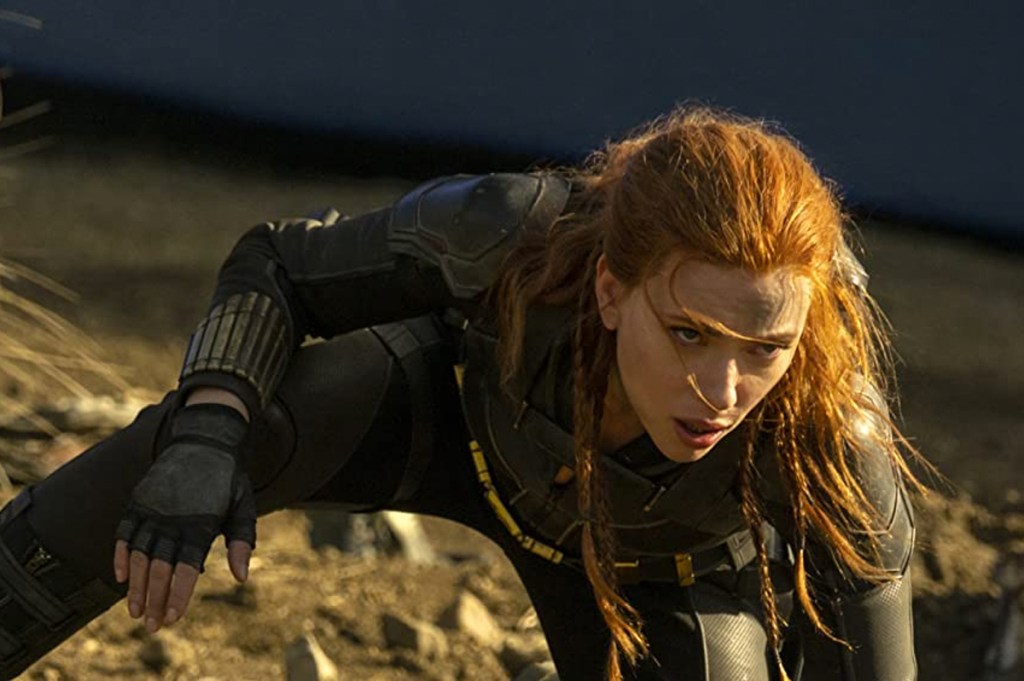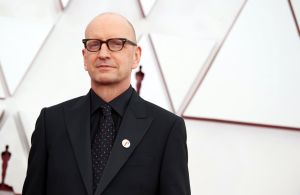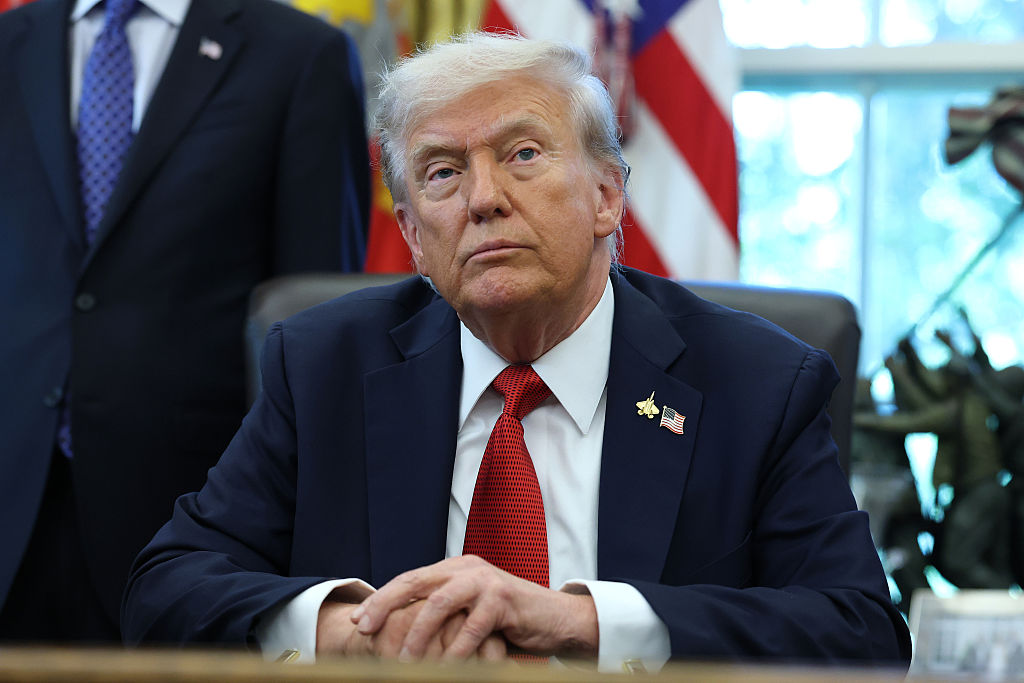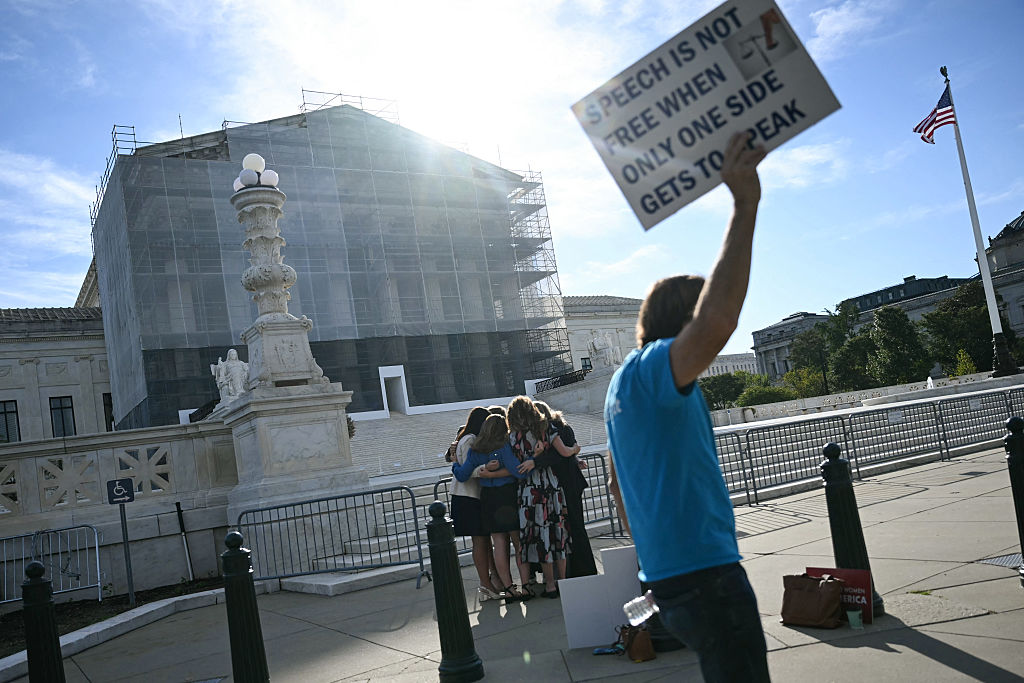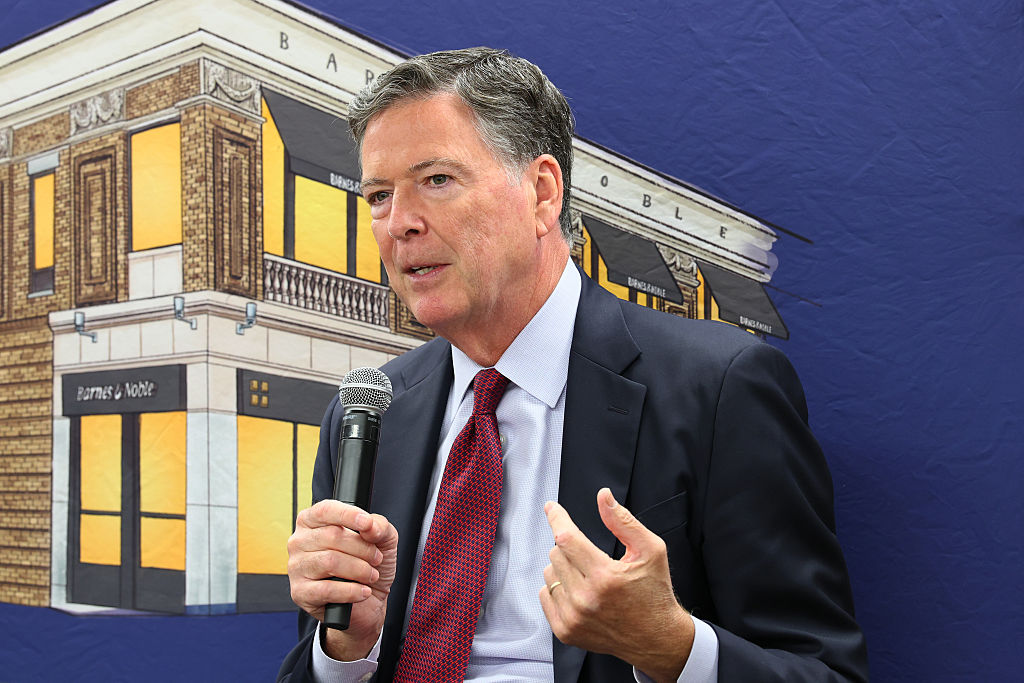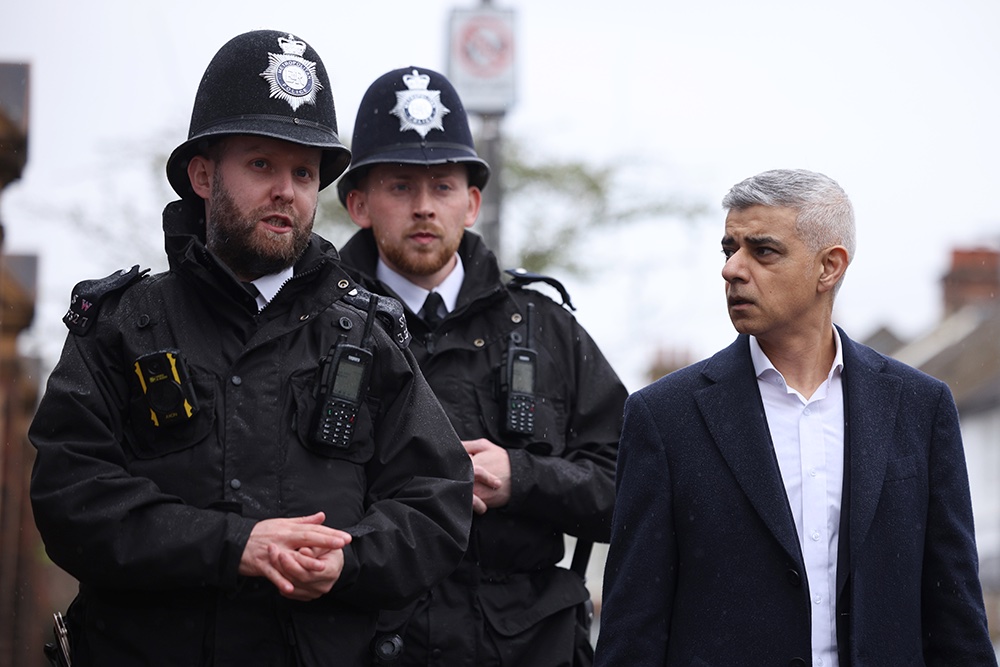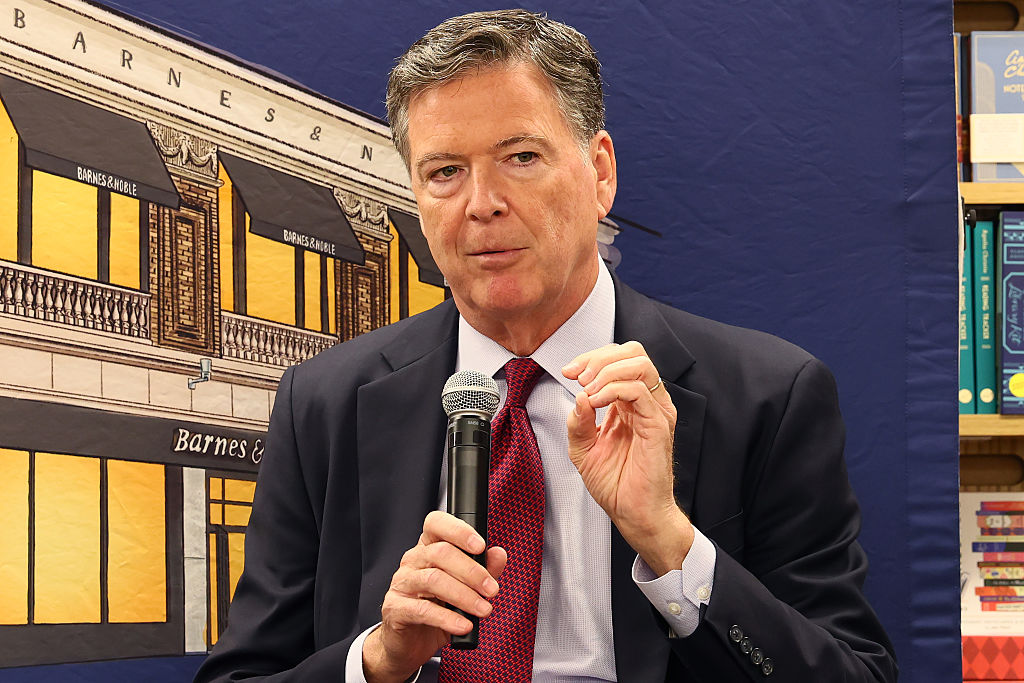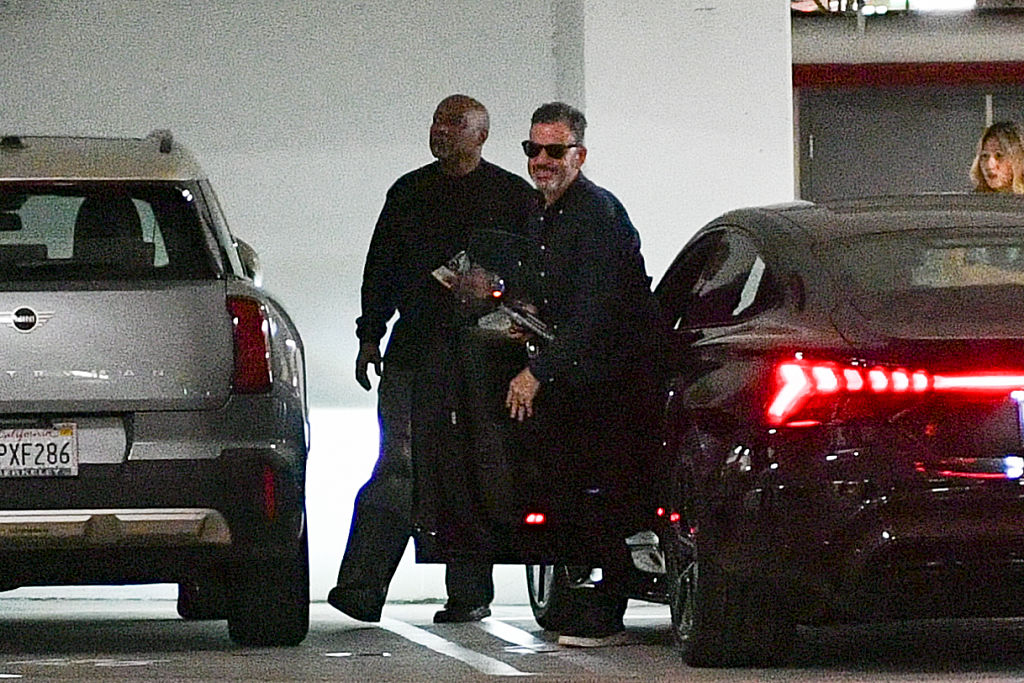C’mon, guys: you know how Natasha Romanoff feels about having red in her ledger.
Marvel’s long-awaited Black Widow movie finally arrived in theaters in July. But the excitement of the release has been sullied by bad blood — and bad debts. Scarlett Johansson, who gave 10 years of her life to the Marvel Cinematic Universe and the Avengers saga before getting a film of her own, sued Disney for breach of contract after they released Black Widow in the ‘Premier Access’ category on the Disney+ streaming service on the same day it hit theaters.
According to Johansson and her reps, her Black Widow contract guaranteed an exclusive theatrical release. By offering Disney+ subscribers the opportunity to stream the film in their homes on the same day it hit theaters, Disney not only violated that agreement, but drove people to its streaming service at the expense of box office sales (and Johansson, who, like other Marvel stars, would have received a multimillion-dollar bonus for her role if the film performed well in theaters.)
Disney’s response was striking: ‘The lawsuit is especially sad and distressing in its callous disregard for the horrific and prolonged global effects of the COVID-19 pandemic,’ the giant corporation said in a statement, leaving little doubt in the minds of many as to whether Johansson’s lawsuit had merit. (Let’s be honest: if someone accuses you of breaching a contract, and your response is to accuse them of being insensitive to the pain caused by a global pandemic, you totally breached that contract.)
Johansson and Disney continued to trade blows all week, and the lawsuit is definitely one to watch. The closure of movie theaters during the pandemic only served to exacerbate existing tensions over how films are released, and how creators are paid for their work, in the age of the streaming service — and the outcome of this conflict has big implications for the future of the industry at large. But there’s also another story here: one about the fate of the female superhero film at the box office, and why studios can’t seem to release one without making a dumb, unforced error that torpedoes its prospects right out of the gate.
To understand why this is such a big deal, it’s important to first understand how long the lack of representation for women in the MCU has been a point of contention. (Disclosure: I co-wrote a novel with Marvel founder Stan Lee before he passed away in 2018.) The arguments about the importance of female superheroes do sometimes veer into absurdity; as with so many pop culture war battles, this one tends to attract adults making histrionic claims of harm on behalf of kids who couldn’t care less about feminism or representation, and who just want to see stuff explode. But even so, there’s no denying that the MCU has always been something of a sausage party, and that its few female characters have gotten short shrift in the storytelling.
This is a problem that the folks in charge are clearly aware of and trying to address, if clumsily. Why would Pepper Potts don an Iron Man suit for the big women-only showdown against Thanos in Avengers: Endgame, despite the fact that fighting has never been her thing and she could have orphaned her child in the process? Because they needed more girls on the playing field, that’s why. But for as long as people have been talking about the role of women in the MCU, the biggest sticking point has been the lack of stand-alone movies for its female heroes. Even if we forget about everything that predated the 2008 release of Iron Man (the first entry into what is now referred to as Phase One of the MCU slate), and even if we ignore the X-Men and Spider-Man films that center on Marvel characters but aren’t technically part of the cinematic universe, it took more than 10 years and 19 movies before a woman got to headline a Marvel flick.
This dismal track record when it came to screen time for female heroes may not have stemmed from intentional sexism, but it nevertheless systematically excluded women from what has been one of Hollywood’s all-time biggest moneymaking enterprises. By the time Captain Marvel made it to theaters in 2019, allegations of sexism were thick on the ground, and an angry backlash was brewing to, well, whatever the film’s shortcomings ended up being. The result was a pressure-cooker situation — one that wasn’t helped by star Brie Larson’s intemperate comments about how movies like Captain Marvel are ‘not made for’ men. Suddenly, the movie couldn’t just be a movie. It had to prove a point about the box-office draw of female heroes, and toe the proper ideological lines, and piss off all the right people…all, of course, while entertaining audiences.
The irony of all this is that Captain Marvel was a perfectly good superhero movie, and it did pretty well at the box office. But you’d never have known that on release day: by then, the studio had leaned so heavily into the idea that the film was a new front in the culture wars that it was all anyone could talk about. The controversy surrounding the release took up all the air in the room — and undermined the film’s reputation while all but ensuring that the war surrounding Marvel’s women would keep raging on.
Which brings us to Black Widow, aka the living embodiment of the MCU’s struggles to do justice to its female characters. Here is a franchise regular dating back to 2010, a core member of the Avengers clan who’s appeared in eight MCU films — and yet she’s been so underwritten that her big heroic death in Endgame barely blipped our emotional radar. There’s a reason why obscure male heroes like Ant-Man and Doctor Strange got their own standalone films before she did: despite her prominence, moviemakers have never really known what to do with her.
The silver lining of this scenario is that when it came to her standalone film, they could do anything. Just by making Natasha Romanoff the star rather than a sidekick, they already had a winning formula on their hands — and they had the Captain Marvel snafu as a cautionary tale about how to keep your female-driven movie from becoming culture-war cannon fodder. All they had to do, literally the only thing, was not fuck it up.
Like, say, by breaching the contract of its A-list star, at a moment of unprecedented awareness surrounding sexism in superhero films and pay disparity in Hollywood at large.
There’s no excuse for such an unforced error. As the custodian of the MCU, Disney had to be aware of the conversation surrounding its representation of women — and they had to know that even the appearance of undermining Black Widow‘s box office performance would mean a glut of bad press. But apparently, there’s just something about those lady heroes that prompts Hollywood veterans to get all nervous and sweaty and forget everything they know about how to make and market a movie. It’s happened before, and it’ll happen again, a franchise in and of itself. But as for Black Widow, which is on track to make less at the domestic box office than the first Captain America film did in 2010, don’t expect a sequel.



